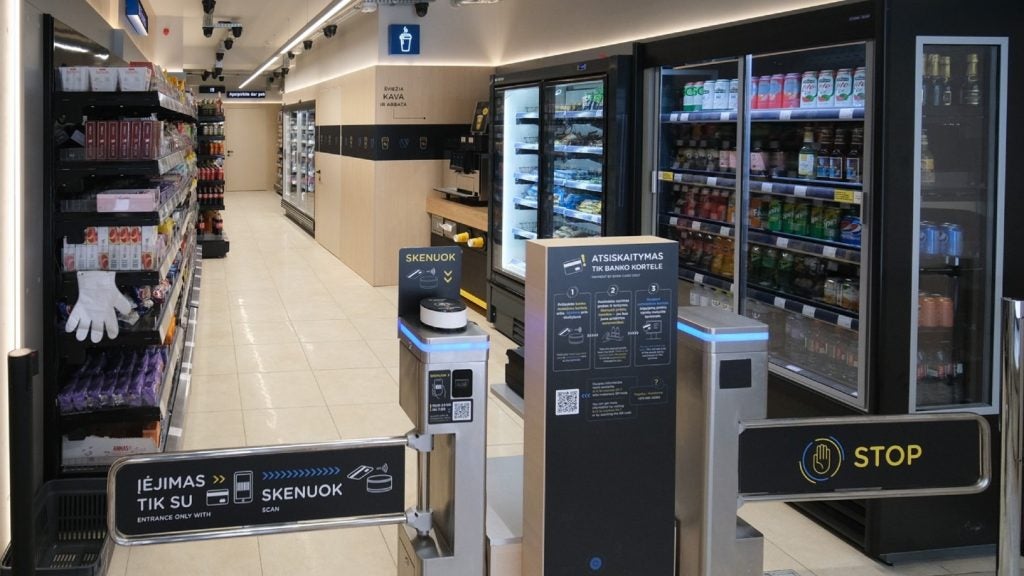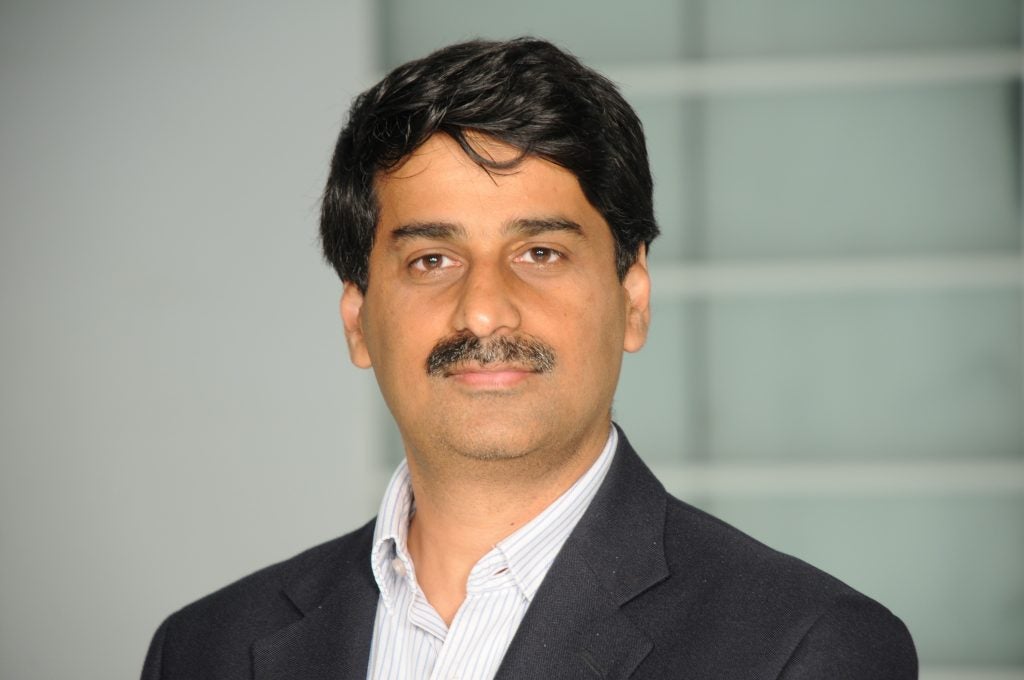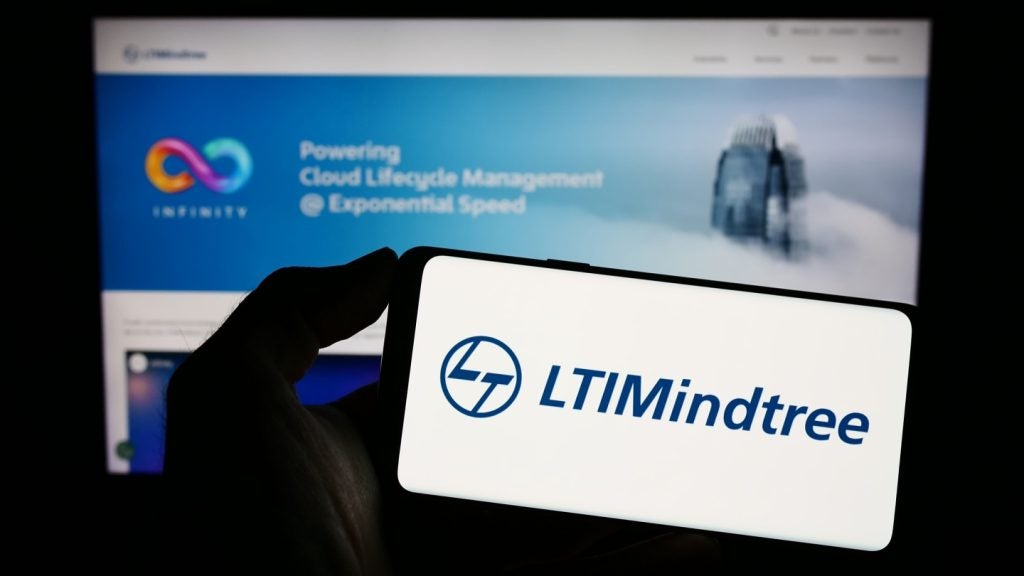
Aidan Hobson Sayers is the CTO of distributed cloud platform Hadean.
The London-headquartered company was founded in 2015 to make supercomputing resources more accessible. Hadean’s distributed cloud platform Hadean Platform provides a foundation for creating web3 applications with universal deployment. Its industry expertise includes enterprise and defense, and the company is, like many other tech brands these days, expanding its wares into the metaverse.
Hobson Sayers joined Hadean as a developer in 2016, working his way up to becoming CTO last spring. According to GlobalData’s deals database, the firm’s last funding round was to the tune of $10m in spring 2019.
Before Hadean, the CTO worked as an engineer and developer at OpenBet and studied Computer Science at the University of Cambridge, as well as co-authoring a book on Docker.
In this Q&A, the latest in our weekly series of CTO Talks, Hobson Sayers explains where his interest in technology comes from, the Big Bad of memory unsafety and his particular dislike for business meetings.

How well do you really know your competitors?
Access the most comprehensive Company Profiles on the market, powered by GlobalData. Save hours of research. Gain competitive edge.

Thank you!
Your download email will arrive shortly
Not ready to buy yet? Download a free sample
We are confident about the unique quality of our Company Profiles. However, we want you to make the most beneficial decision for your business, so we offer a free sample that you can download by submitting the below form
By GlobalDataGiacomo Lee: Tell us a bit about yourself – how did you end up in your current role?
Aidan Hobson Sayers: It’s been a pretty natural progression. I started out my career as a developer and moved my way along the “management track”. There have been a few crucial diversions along the way (some DevOps, a stint in Product, lots of Sales experience) all of which really opened my eyes to a lot of business context which I was previously pretty dismissive of, to be honest!
What’s the most important thing happening in your field at the moment, and why?
The dawning realisation in the security space that memory unsafety is a massive unavoidable problem with C and C++ as written today is an interesting shift. Both Microsoft and Google indicate 70% of their security problems are due to memory unsafety, and it’s difficult to claim that they’re just not very good at writing code! This is impossible to ignore, given the rise of high-profile hacks and data leaks.
The problem is going to be with us for a while but there are a number of efforts to improve the situation, both through memory safe languages (e.g. Rust) and extensive mitigation strategies (Chrome does a lot here).
Which emerging technology do you think holds the most promise once it matures?
WebAssembly, or WASM, springs to mind. It’s a general technology for execution of code with near-native performance and extremely strong security and isolation. Originally intended for use in browsers (and used there in production by a few companies), it’s now being experimented with in a wide variety of ways, from plugin systems to serverless deployment.
I don’t think there will be a big bang. I think it’ll just gradually get integrated into more interesting places as a fundamental building block.
How do you separate hype from disruptor?
Not everything falls into this bucket, but a favourite litmus test is if it saves somebody time. People can weigh privacy/security/reliability differently, but everyone wants to save time! I still remember Docker blowing my mind at how much faster it was than Vagrant.
What’s the best bit of advice you’ve ever been given?
After I ran a bad SQL query and brought down both a primary and replica database (spanning ~20 servers) I was told “you get about one big screw-up per year.” I guess it’s less advice, and more an acknowledgement that we’re all human and mess up. Just don’t do it too often!
Where did your interest in tech come from?
School was the beginning, when I was poking around to find ways around the internet filtering system to play games. I only really started programming properly at university when studying Computer Science. No “coding before I could walk” for me!
What does a typical day look like for you?
The grumpy answer here is “meetings”, which is technically true, but not helpful! Elaborating a bit, I have a lot of external responsibilities (e.g. customer and investor calls), and then internally I’m constantly evaluating how I can best apply my time and specific skillset.
Over the last month that has ranged from shepherding an architecture process, to speeding up build times by 35%, to evaluating competitors.
What do you do to relax?
I enjoy programming, generally oriented around my other hobby, games. For example, I contribute to one of the largest [VR game] Beat Saber fan sites out there.
I’m also on the Core Team for the Rust Programming Language, which is sometimes relaxing, sometimes hard work!
Who is your tech hero?
As a whole, I think great technology is made by teams rather than heroes. In particular I’d give a shout out to the people who contributed to Docker 1.0 and Rust 1.0, which I think are both key turning points in tech.
Mark Russinovich is a name I remember though, both for the Sysinternals suite of software, and for being acquired by Microsoft because they liked the tools he’d built for their OS.
What’s the biggest technological challenge facing humanity?
Accessibility of and access to tech creation is critical. Technology is an enabler, and letting people create their own technology means they can force-multiply themselves.
There are some efforts at this with the No-Code movement, but I still see a gap between ‘tech creators’ and ‘tech users’. We may find the solution is human (e.g. education), rather than a product.







